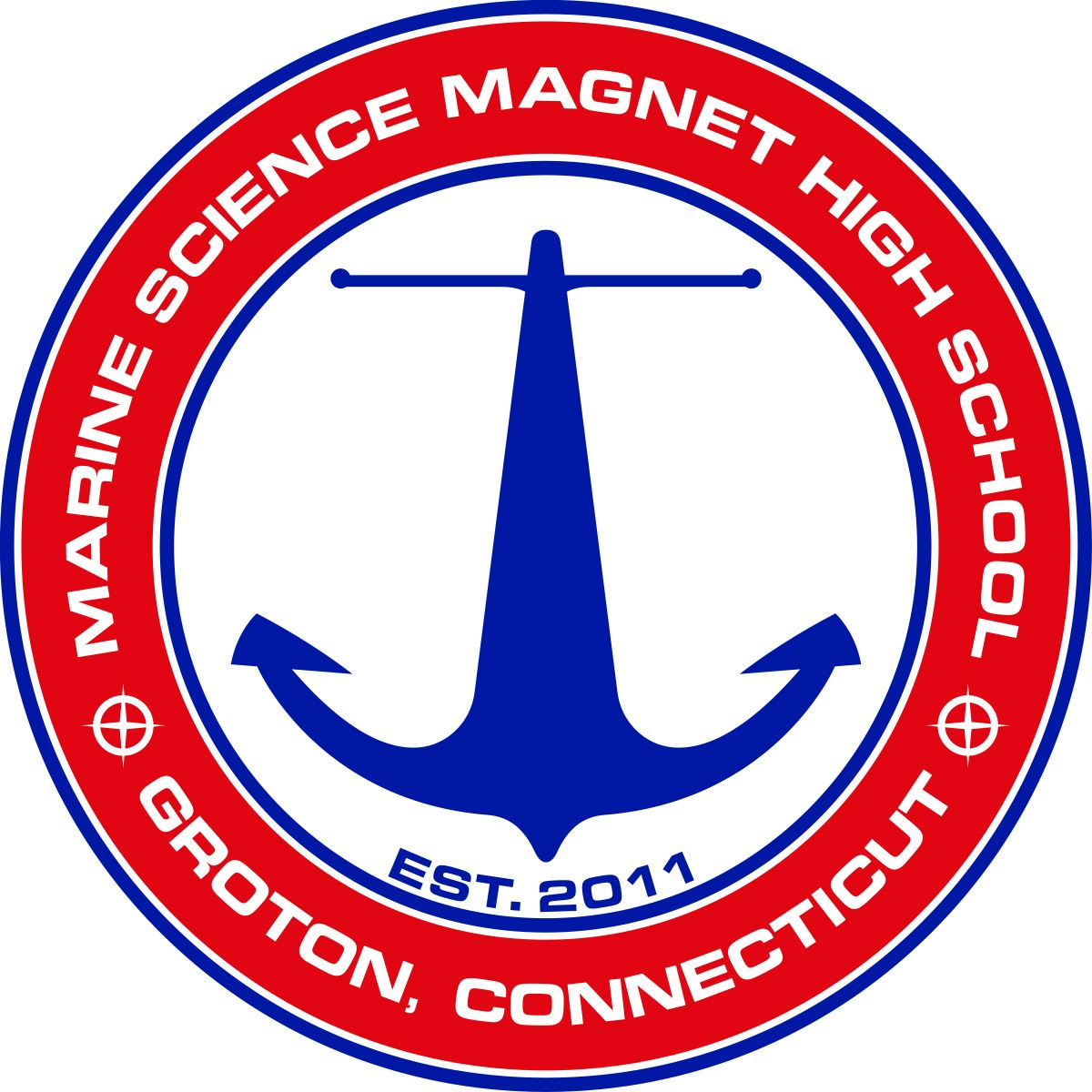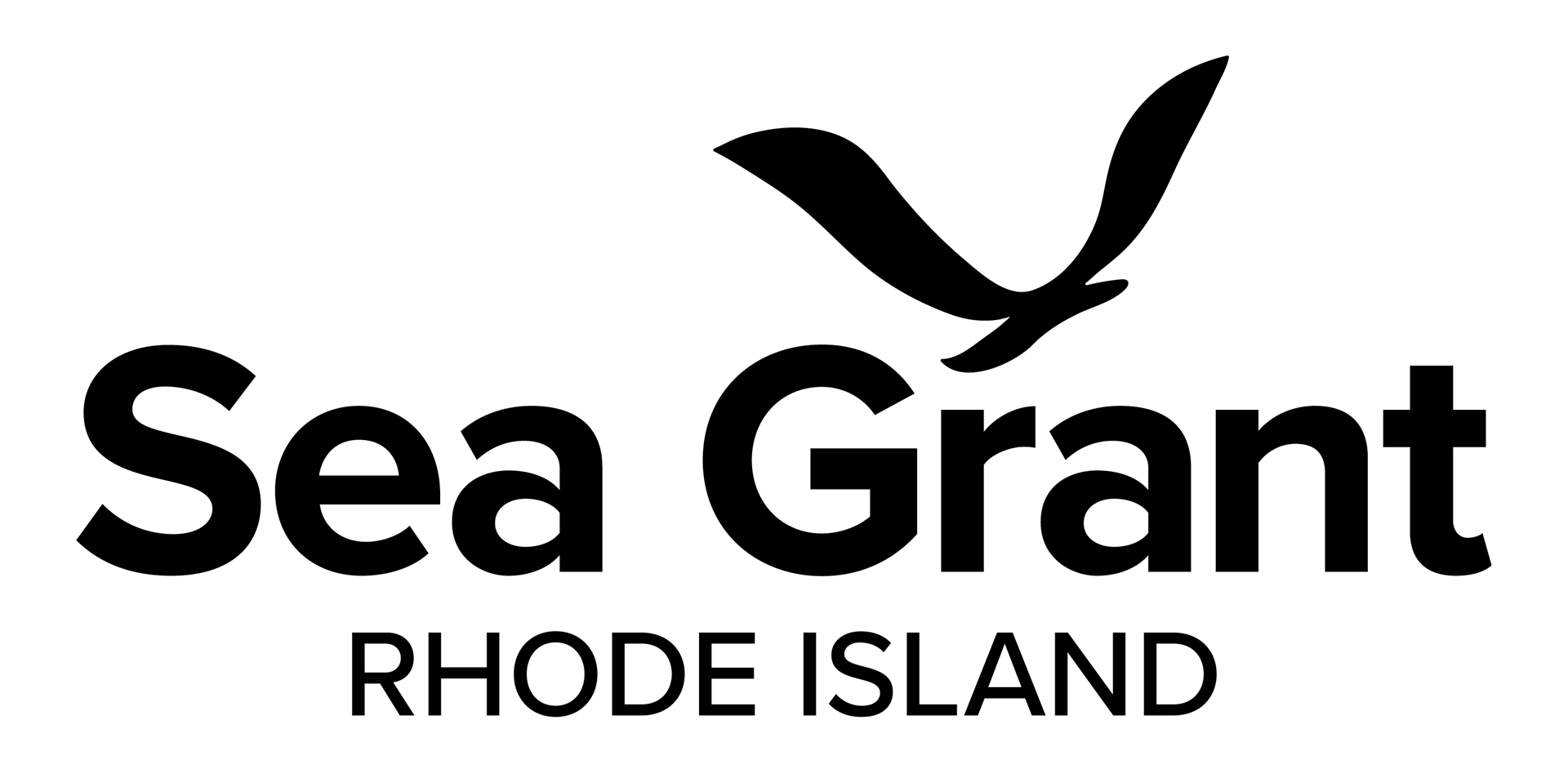
Join SENEME for our upcoming conference! Engage with educators and professionals in the marine science field with informative speaker sessions, networking opportunities, a silent auction, and a fishing field trip with New England Science & Sailing. The event features Jon Dodd, executive director of the Atlantic Shark Institute, speaking on “Connecting Rhode Island’s Great White Sharks and Growing Seal Population".
If paying by mail, please send to:
SENEME
31 Green Springs Dr.
Madison, CT 06443

SENEME Fall Conference October 5, 2024 Itinerary
Marine Science Magnet High School
130 Shennecossett Rd, Groton, CT 06340
|
Time
|
Event
|
|
8:30-9:00 AM
|
Registration / Exhibits Open / Coffee and Tea / Workshop selection
|
|
9:00 -9:45 AM
|
Opening remarks, Keynote
“Connecting Rhode Island’s Great White Sharks and Growing Seal Population”
Jon Dodd, Executive Director, Atlantic Shark Institute
|
|
10:00-10:45 AM
|
Workshop Session A
-
Are You Warm for Form?, R. Yulo
-
Meaningful Watershed Experiences, C. Scheetz & D. Sayer
-
Meeting All Students’ Learning Needs Through Project-Based Learning, T. Pytko
|
|
11:00-11:45 AM
|
Workshop Session B
-
Project WET: Foundations of Water, S. Quincy
-
Building “Blue” Skills for the Blue Economy, B. Grenier
-
Co-existing with White Sharks: How Research and Education Initiatives are Working to Change Public Perception, M. Walsh
|
|
12:00 -1:00 PM
|
Lunch and Annual Meeting
|
|
1:00-1:45 PM
|
Workshop Session C
-
Strengthen Coastal Connections Through Nature Journaling, V. Cournoyer
-
Increasing Ocean Literacy and Community Connections to Long Island Sound in Non-Coastal Communities, J. Mack
-
Exploring the Connecticut National Estuarine Research Reserve, L. Graham
|
|
2:00-2:45 PM
or
2:30-4:30 PM
|
MSMHS Aquaculture Lab Tour
or
Fishing Field Trip with New England Science & Sailing, Stonington, CT
|
Keynote Presentation 9:00-9:45 AM
Connecting Rhode Island’s Great White Sharks and Growing Seal Population
Jon Dodd
Atlantic Shark Institute
The White Shark (aka Great White Shark) is an iconic species that is known throughout the world. With females needing to reach the age of 30 or more before they can reproduce, it's a species that needs to be protected, consistently assessed and researched. According to the International Union for Conservation of Nature (IUCN) Red List, the White Shark is considered vulnerable with a worldwide population that is decreasing.
This discussion will focus on the white shark research that the Atlantic Shark Institute has been conducting in RI and surrounding waters through "The Race" of the Long Island Sound to Fisher's Island. Additionally, the growing population of seals has caught the attention of the ASI team and research partners, further driving the collaborative nature of our efforts. We will also discuss the presence of sharks in our ecosystem, research methodology, why they are important, and how humans are connected to what we are learning.
Jon Dodd is the executive director of the Atlantic Shark Institute based in South Kingstown, RI. The ASI is a 501(c)(3) non-profit that is dedicated to answering the most pressing questions concerning the biology, survival and sustainability of sharks in the NW Atlantic.
Jon is an experienced marine biologist who has spent his entire life on the water with a particular focus and affinity for sharks. From his first close encounter with a blue shark at age 14, he has been fascinated by sharks and their growing need for greater understanding and protection in many parts of the world. Jon has caught, released and tagged more than 1,000 sharks for different research projects. He brings a wealth of real world experience to this research and has worked with a wide variety of shark species both above and below the water including great white, mako, blue, thresher, porbeagle, spinner, blacktip, tiger, hammerhead, bull, lemon, dusky and many more.
Jon earned a Biology degree with a fisheries focus from the University of Rhode Island and he is a member of the Explorers Club in NY, NY.
Session A 10:00-10:45 AM
Are You Warm for Form?
Ralph J. Yulo Jr.
Eastern Connecticut State University
A Hands-On/Minds-On session using the shells of three marine organisms (quahog, oyster, and mussel) to explore form and function - one of the most concrete and important ways to study organisms - living and extinct. The three organisms used in this workshop represent important food sources, can be easily studied with hand lenses, and can be readily collected by teachers for classroom studies along many Connecticut beaches. (ES, MS, HS)
Meaningful Watershed Experiences
Callie Scheetz and Debbie Sayer
Project Oceanology
This presentation will highlight outdoor educational experiences that students can complete on their school grounds. We'll share ways to utilize the natural resources around you and share how these field investigations can lead to student action. (ES, MS)
Meeting All Student's Learning Needs Through Project-Based Learning
Trisha Pytko
Walter Fitzgerald Campus, Fairfield Public Schools
Participants will engage in a hands-on workshop about STEM projects and learning which meets all learners’ needs. There will be a portion about our Long Island Sound School research and students’ projects. We will network, share ideas, and learn strategies to meet all students’ learning needs through a variety of student-led projects. (HS)
Session B 11:00-11:45 AM
Project WET: Foundations of Water
Susan Quincy
Connecticut Department of Energy and Environmental Protection
Project WET has a new guide format and tools to connect to classrooms through inquiry and topical needs. Get your hands on the first volume of the series focused on the Foundations of Water Education. You will form an analysis team and solve the mystery of water's existence for our future needs using methods of experimentation and observation. The workshop will demonstrate how lessons can link together to support NGSS and curriculum applications. Participants will receive A Project WET Foundations Guide and WELL app. for free at the conclusion of the workshop. (ES, MS)
Building “Blue” Skills for the Blue Economy
Capt. Breezy Grenier
The NEWT Center
Join us for an engaging session designed to equip educators with the tools to inspire the next generation of ocean innovators. Discover strategies to integrate "blue" skills into your curriculum, preparing students for dynamic careers in the Blue Economy. Learn about cutting-edge marine technologies, sustainable practices, and industry opportunities. Empower your students to become stewards of our oceans and leaders in marine renewable energy. This session offers practical insights and resources to make a lasting impact in marine education. (All)
Coexisting with White Sharks: How Research and Education Initiatives are Working to Change Public Perception
Marianne Walsh
Atlantic White Shark Conservancy
Join the AWSC Education Team and learn how you can bring shark education to your students and community. This workshop will introduce you to standards-based curriculum that connects learners to the natural history of white sharks in New England and empowers them to investigate how humans and wildlife can coexist. Workshop participants will receive free resources to use this curriculum on their own and will have an opportunity to get wet while participating in an engineering lab that teaches about research technology used in tracking sharks. This workshop will be wicked jawsome! (MS, HS)
Session C 1:00-1:45 PM
Strengthen Coastal Connections Through Nature Journaling
Valerie Cournoyer
SENEME President, NMEA Director, Amity Regional High School – retired
Nature Journaling, the practice of noticing, wondering and making connections to the natural world around us, is the perfect way to strengthen our coastal connections. Join us to explore how to use words, pictures, numbers and questioning to develop science thinking and language arts skills and nurture a connection to nature. Works well with observations of tidal patterns and zonation, diversity in organisms, osprey life cycles, and human impacts on the shoreline to name a few topics. (All)
Increasing Ocean Literacy and Community Connections to Long Island Sound in Non-Coastal Communities
Jamie Mack
Amity Regional High School
How do we make ocean literacy relevant when our students don't live close to the ocean? This presentation will describe the impacts of a project made possible by the Long Island Sound Schools Grant that helped increase ocean literacy for both high school and elementary school students in a non-coastal community. The district has a very high Spanish speaking population and is over 40 miles from the coast. Learn a simple lesson about watersheds that can be applied to any area within the Long Island Sound Watershed. Editable resources to be shared. (ES, MS, HS)
Exploring the Connecticut National Estuarine Research Reserve
Larissa Graham
Education Coordinator, Connecticut National Estuarine Research Reserve
The Connecticut National Estuarine Research Reserve is a newly established organization that provides essential habitat for wildlife, offers educational opportunities for students, teachers, and the public, and serves as a living laboratory for scientists. During this session, you’ll learn about the Reserve and the resources and activities that are available to educators, including local online data mysteries, loanable water quality kits, teacher workshops, and guided field trips. (All)
Field Trip or Aquaculture Tour
Fishing with New England Science & Sailing (NESS) 2:30 - 4:30 PM
Climb aboard a powerboat with an experienced captain and go fishing! Experiment with different types of rods, reels, and lures as you learn the techniques to bring in the catch of the day. Observe local species to learn about external anatomy and the adaptations fish use to best survive in their environment. Maximum 10 people. Travel on your own to NESS at 72 Water St., Stonington, CT. Field trip fee: $69
In case of inclement weather, travel to NESS for an indoor program:
Fisheries: Trap Engineering - Spend a day learning about small-scale fisheries and one way to sustainably catch fish - with traps! Learn about the different trapping techniques that have been developed over time to catch certain species. Students will observe similarities and differences between 3 types of traps and why they are designed that way. Then, become a small-scale fisheries engineer yourself and design and build your own trap!
Or
Tour the Marine Science Magnet High School 2:00 - 2:45 PM
Amy Ferland and MSMHS Students
Visit the state-of-the-art freshwater and saltwater aquaculture labs and learn why MSMHS has been nationally recognized as one of the best high schools in Connecticut and the nation. See a variety of fish, coral and other invertebrates grown and maintained by MSMHS students. The Marine Science Magnet High School, established in 2011, is a public, interdistrict magnet high school serving Connecticut students in grades 9-12. MSMHS offers an extensive array of marine science themed programs and opportunities, as well as academically rigorous college preparatory opportunities that meet the needs of all students. (MS, HS)
Conference Itinerary
Workshop Descriptions

Thank you to our Conference Sponsors!
Estuary Sponsors



Salt Marsh Sponsors


Rocky Intertidal Zone Sponsors


Sand Beach Sponsors

